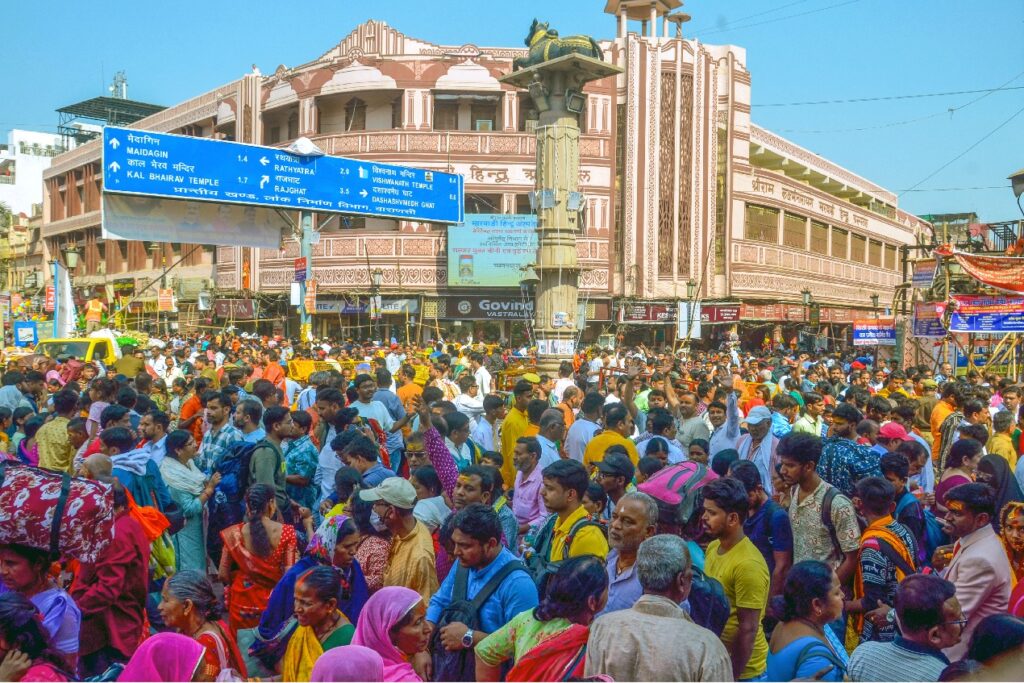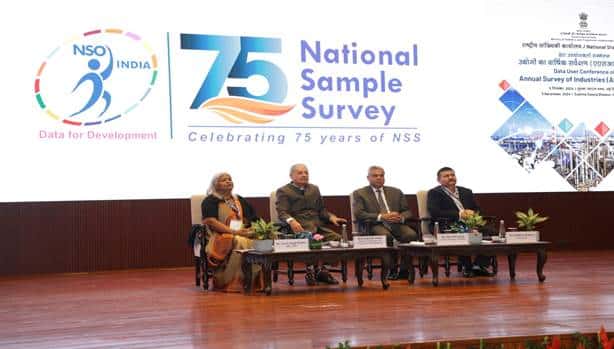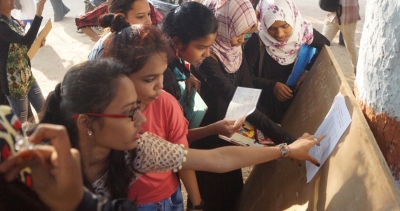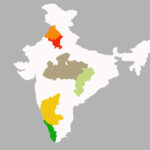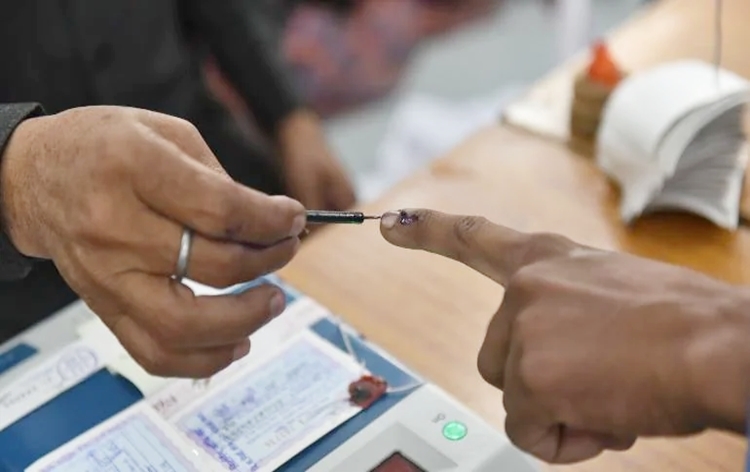RBI to regulate cross-border payment facilitators

The Reserve Bank of India (RBI) has said it will directly regulate firms engaged in cross-border payment transactions for the import and export of goods and services. This regulatory step aims to combat the practice of small-scale imports of restricted items through international e-commerce platforms.
RBI has introduced specific requirements for Payment Aggregator-Cross Border (PA-CB) entities, setting a minimum net worth of Rs 15 crore. Furthermore, RBI has instructed banks to close the accounts of unregistered cross-border payment aggregators by July 31, 2024.
What the new requirements say?
The new regulations are expected to effectively curtail small-scale imports of restricted items via international e-commerce websites.
Payment gateways will have to ensure that they do not facilitate payment transactions for the import of any restricted or prohibited goods and services.
RBI has mandated a minimum net worth of Rs 15 crore for entities categorized as payment aggregator-cross border (PA-CB).
If the amount involved exceeds Rs 2.5 lakh, the PA-CB must carry out due diligence on the buyer.
The central bank has entrusted payment gateways with the responsibility of conducting customer due diligence, ensuring that transactions do not involve restricted or prohibited goods and services.
RBI accepts payment aggregator applications for cross-border transactions. This regulation applies to both banks and non-bank entities. Non-bank aggregators that engage in such cross-border processing must inform the Reserve Bank of India (RBI) of their intention to continue or discontinue this activity. As a requirement, these entities must register with the financial intelligence unit.
PA-CBs must ensure compliance with RBI’s regulations concerning the export of restricted or prohibited goods and services while facilitating transactions between Indian merchants or e-commerce marketplaces and international customers or e-commerce marketplaces.



